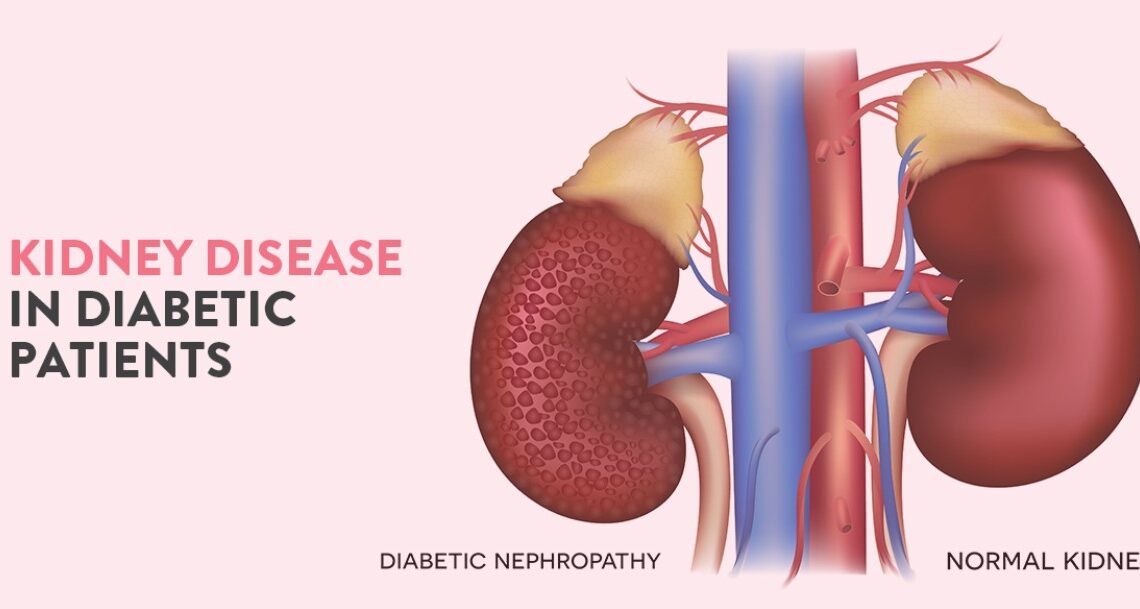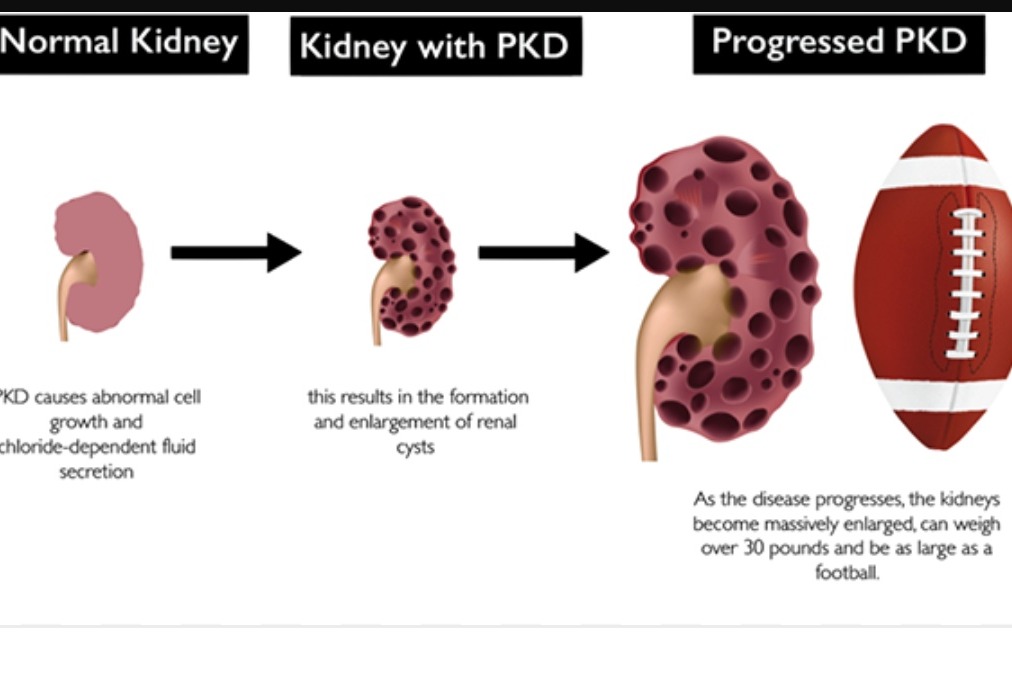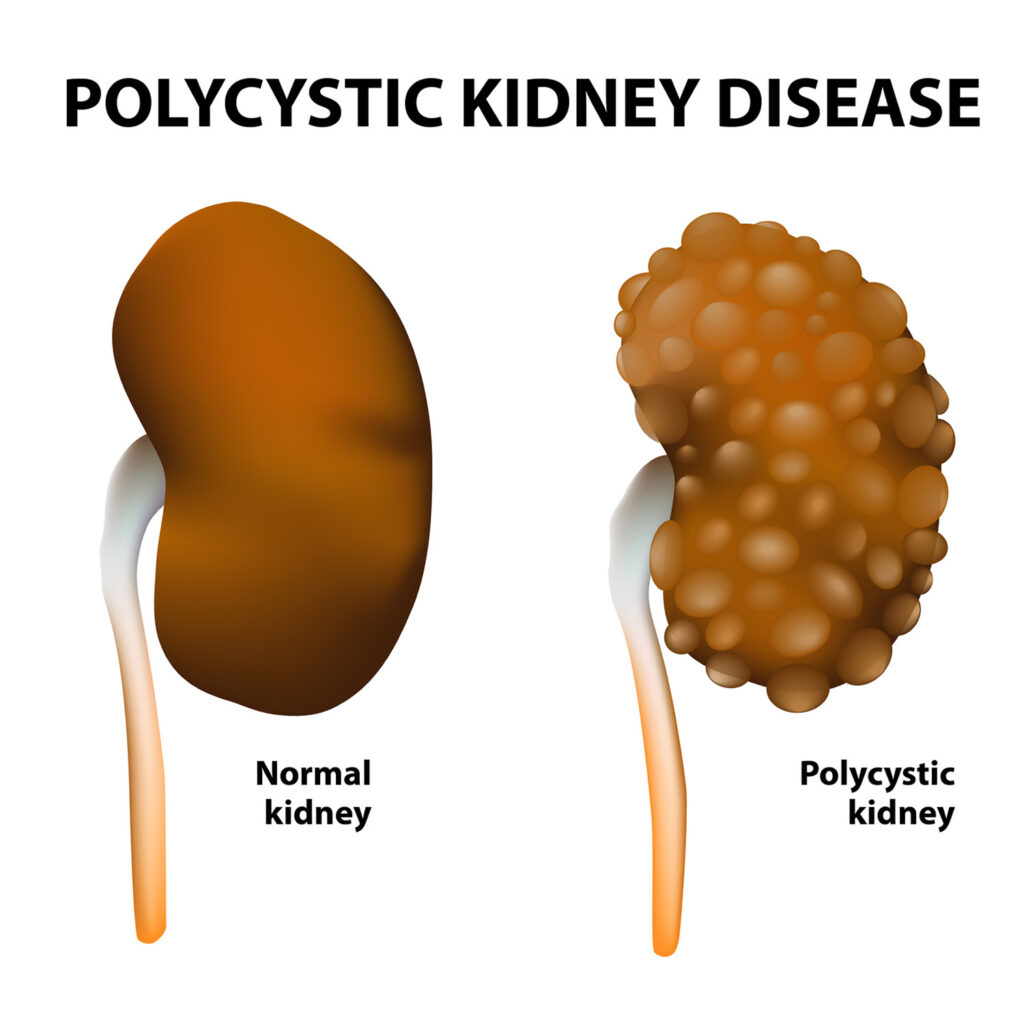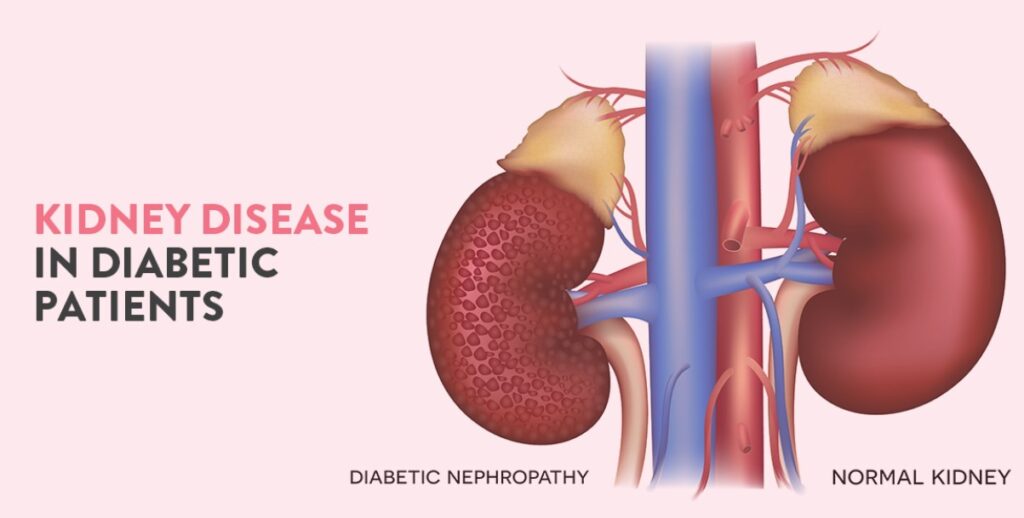
The causes of kidney disease are a major concern for many people. Several things can lead to the development of the disease, including high blood pressure, diabetes and toxins. However, it is important to note that not all people who develop the condition will have any symptoms. If you have any of the conditions mentioned in this article, you should consult a doctor right away.
Diabetes
Kidney failure can be caused by a number of different factors, including high blood pressure, heart disease, and poisons. It is important to know the symptoms of kidney failure and contact a healthcare professional to get more information.
One of the most common causes of kidney failure is diabetes. Diabetes causes the body to produce too much glucose, which damages the blood vessels in the kidneys.
Another reason for the development of kidney failure is the presence of a urinary tract infection. Urinary tract infections are often treatable. They are also rarely a cause of more serious health problems.
Another type of kidney failure is glomerulonephritis. This is when the glomeruli, the small structures inside the kidney, become inflamed. When the glomeruli become inflamed, it affects the kidney’s ability to filter urine.

High blood pressure
High blood pressure is one of the main causes of kidney disease. Having high blood pressure puts a lot of stress on the entire circulation system. This can lead to damage to other organs and even a heart attack.
Although most people with high blood pressure do not have any problems, it is important to keep your blood pressure under control. A healthy lifestyle can help you maintain blood pressure and reduce your risk of developing kidney disease.
Getting good blood pressure control is also important for reducing the amount of protein leakage in your urine. Also, you can use a urine test to check for protein in your urine.
You should talk to your doctor about high blood pressure if you are at risk of developing kidney disease. Your doctor can design a plan for you. It may include a diet and exercise regimen.
Drugs and toxins
Drugs and toxins are the common causes of kidney disease. The kidneys are vital organs that help maintain the fluid balance in your body. They filter blood and excrete excess waste products through urine. Some other conditions, such as infections and diabetes, can also affect your kidneys’ ability to work properly.
There are many medications that can affect your kidneys’ function, such as diuretics. Chronic alcohol use can also damage the kidneys. Other nephrotoxic drugs include acetaminophen, morphine, heroin and cocaine.
Aside from kidney damage, drug abuse can lead to comorbid conditions such as rhabdomyolysis and glomerulosclerosis. Rhabdomyolysis is the breakdown of muscle tissue in the bloodstream. Cocaine, a powerful stimulant, can also cause nausea and vomiting, as well as abdominal pain.
End-stage renal disease
End stage renal disease (ESRD) is a life-threatening condition where the kidneys fail to filter waste from blood. It is caused by several factors, including high blood pressure, diabetes, and structural abnormalities. When the kidneys can no longer filter waste from the body, patients have to undergo dialysis. The kidneys are responsible for regulating the fluid balance of the body and the removal of poisons. They also help maintain the proper balance of certain minerals.
ESRD occurs when both of the kidneys fail. Although this condition is severe, most people can survive if treatment is given. Dialysis and a kidney transplant are the only treatments available for ESRD.
The ANZDATA Registry is a collection of data about renal replacement therapy, coexisting conditions, and deaths. It is based at Queen Elizabeth Hospital in Adelaide.

Symptoms
Kidneys are responsible for filtering the blood and removing waste from the body. Damage to the kidneys can occur without any apparent symptoms. However, there are a few signs and symptoms of kidney disease that are important to keep an eye out for.
One of the early symptoms of kidney disease is the increase in sleepiness during the daytime. This is a sign that the kidneys are not working as well as they should be.
Other symptoms of kidney disease include the presence of excess fluid in the lungs and legs. When the kidneys are unable to filter the waste properly, this results in the accumulation of toxins in the body. The buildup can cause shortness of breath and fatigue.

If you experience any of these symptoms, you should seek medical attention as soon as possible. You may need a simple blood or urine test to diagnose your condition. A doctor will also monitor your health to ensure that the kidneys are functioning properly.

